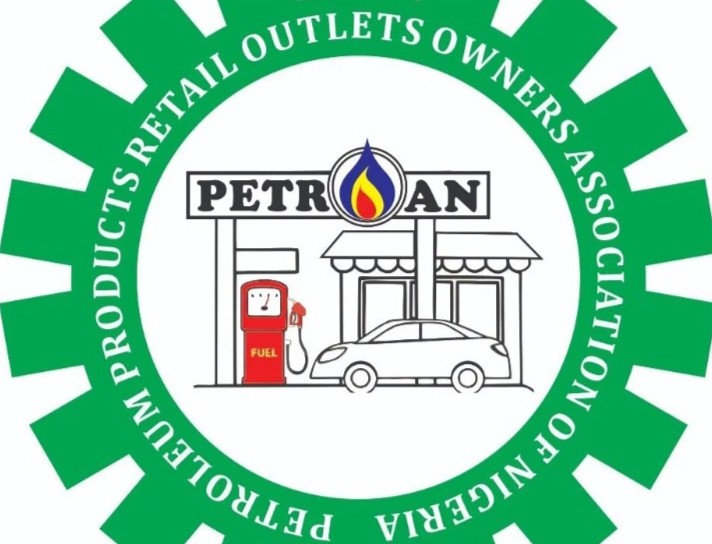The President of the Petroleum Products Retail Outlets Owners Association of Nigeria (PETROAN), Billy Gillis-Harry, has refuted claims made by the association’s Public Relations Officer, Dr. Joseph Obele, regarding the pricing of petrol supplied by the Nigerian National Petroleum Company Limited (NNPCL).
Earlier, Dr. Obele announced that petrol from the NNPCL was priced N75 higher per litre than the N970 offered by the Dangote Refinery.
In a statement released on Wednesday, Gillis-Harry clarified that the State-owned oil company had not made any announcements concerning a new price for Premium Motor Spirit (PMS).
He emphasized that Obele’s assertion did not reflect the position of either the NNPCL or PETROAN.
He stated, “No new price for PMS has been released by the NNPC Port Harcourt Refinery.”Gillis-Harry expressed optimism about the resumption of operations at the Port Harcourt Refinery, which began production on Tuesday after years of rehabilitation.
The refinery has started dispatching petroleum products, including petrol, diesel, and kerosene, to the market, with other products expected to follow soon.
This development is seen as a significant step towards improving domestic fuel supply and reducing dependence on imported petroleum products.
Addressing the pricing concerns, the PETROAN president clarified that members of the association were purchasing PMS at rates determined by the old pricing template while awaiting an official announcement of new prices by the NNPCL.
He also reassured Nigerians that any forthcoming price changes would be aimed at ensuring affordability and addressing the challenges in the petroleum downstream sector.
“We are excited that the production and loading of refined petroleum products have commenced at the Port Harcourt Refinery,” Gillis-Harry said.
“We are expectant that soon, the price of PMS will be stated by NNPC to the benefit of Nigerians.”Gillis-Harry’s statement aligns with the broader optimism surrounding the operational resumption of the Port Harcourt Refinery, which had been non-functional for several years.
The refinery’s rehabilitation is a key component of Nigeria’s strategy to bolster domestic refining capacity, reduce the strain of fuel importation on foreign exchange reserves, and stabilize local petroleum product prices.
Observers believe the resumption of production at the refinery and its potential to provide competitively priced fuel products could significantly impact the market.
However, the clarification from Gillis-Harry underscores the importance of avoiding premature or misleading statements that might create unnecessary confusion or speculation among stakeholders and consumers.

